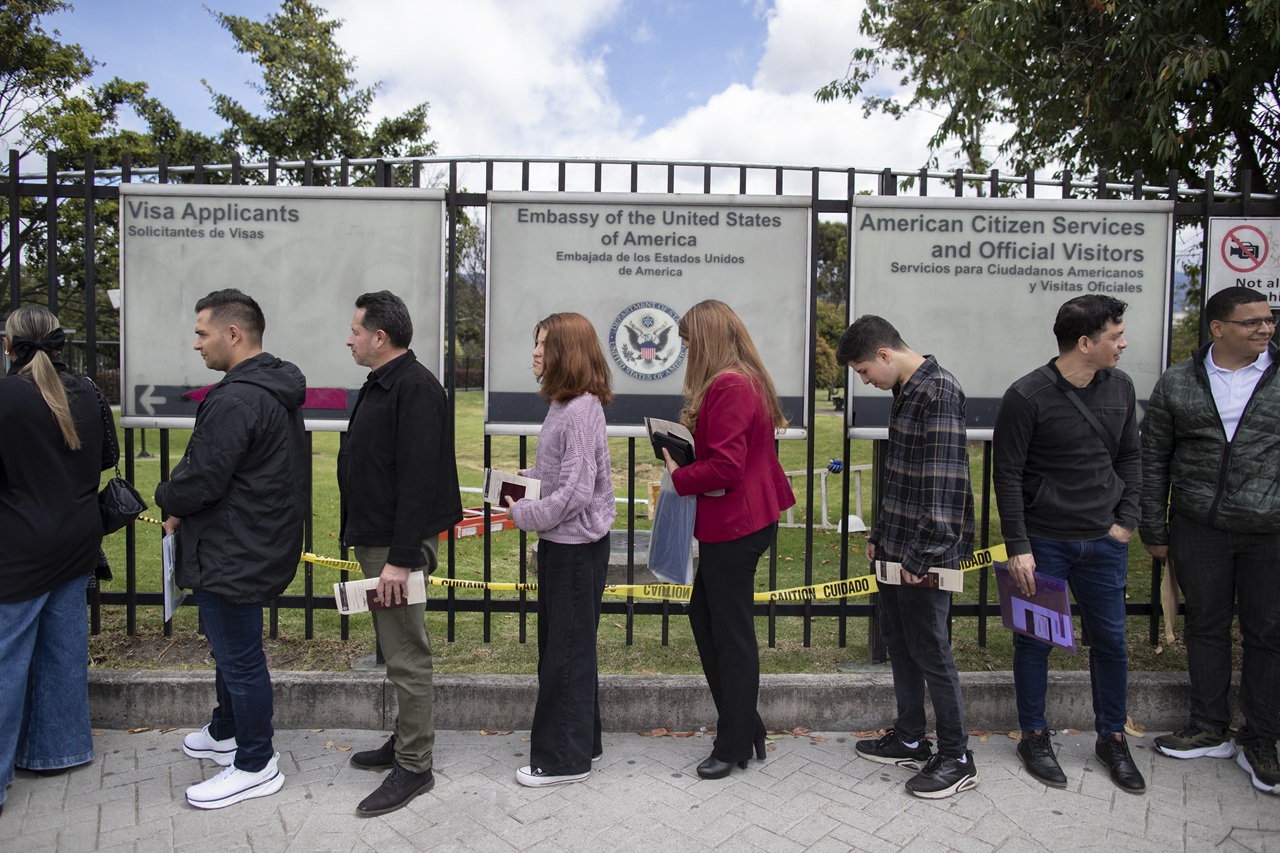
Because of coronavirus, remittances will drop sharply: big blow for Central America
The coming economic depression due to the coronavirus will bring a reduction in remittances, which will hit the most vulnerable economies especially hard.
Both the World Bank and ECLAC agree: remittances to Latin America will fall sharply this year and their impact will be felt.
This drop will be the result of the economic depression that is on the way and that in the case of Latin America will be visible in a contraction of more than 5% of the region's GDP and the potential impoverishment of 30 million people.
The reduction in remittances to Latin America will come from the increase in unemployment in the United States, especially in the construction, agriculture and service provision sectors -particularly those linked to the restaurant and tourism sector.
Given the current political context, it would not be surprising if President Trump were to do everything in his power to ensure that the available vacancies are dedicated to nationals and not to immigrants, who are already in a condition of particular vulnerability to the coronavirus, compared to other sectors of the population.
Remittances tend to be counter-cyclical to economic crises in Latin America, in other words: normally, when countries of origin are in trouble, migrants tend to send more money to compensate for the economic precariousness at home. However, since the crisis is widespread this time, it is expected that the money sent will simply be reduced or stopped.
RELATED CONTENT
This will particularly affect the most vulnerable economies, whose GDP is more dependent on money sent from abroad. Countries such as Honduras, Guatemala and El Salvador.
The numbers alone do not say much, one must think about them in relation to the concrete impact this can have on the lives of the most vulnerable families.
According to the World Bank, remittances to low- and middle-income countries tend to improve family nutrition, increase investment in education and reduce child labor. As these incomes fall, more families will have to focus the money they have on surviving rather than improving their quality of life.
However, says the World Bank with some hope, to the extent that the pandemic is contained, by 2021 we could see a return rise of this element.
But one year has twelve months and we are barely finishing the fourth one.











LEAVE A COMMENT: